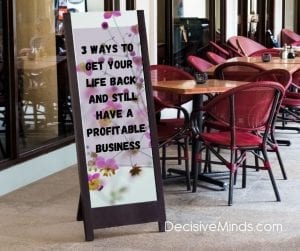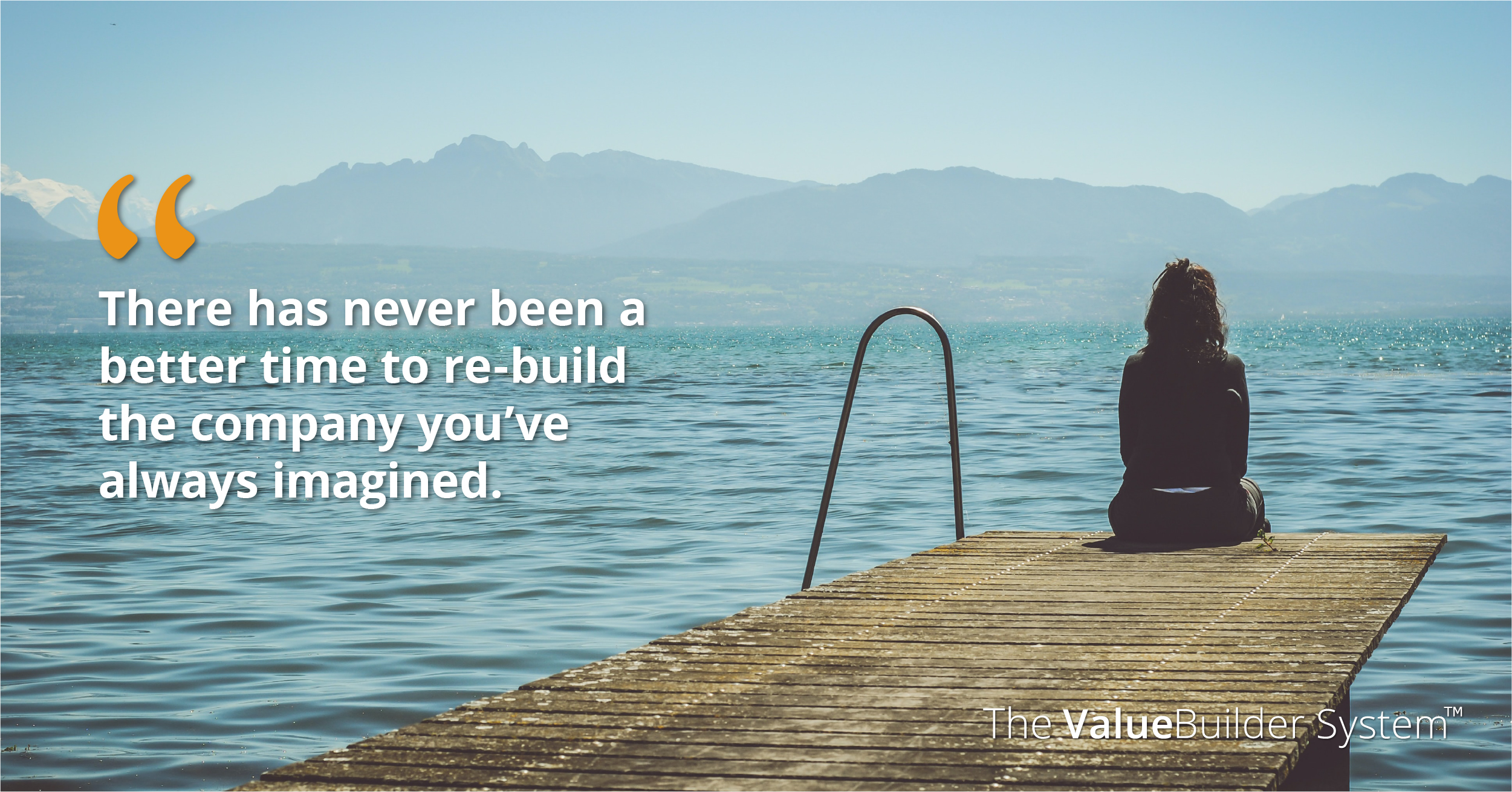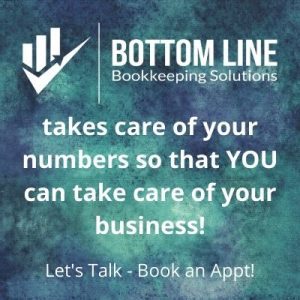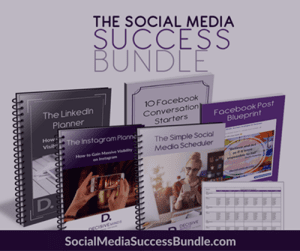 Does it feel like your business is consuming your life again? What is your workload like? Is it even possible to get your life back and still have a profitable business?
Does it feel like your business is consuming your life again? What is your workload like? Is it even possible to get your life back and still have a profitable business?
If the pandemic has forced you back into the weeds of your business, you're not alone. Many owners are again doing tasks they haven't done in years because they have had to lay off front-line staff or their employees have fallen ill or are caring for someone in need.
Being back in the middle of things is neither healthy for you nor your business long term. Personally, it's a recipe for burnout, and professionally, your business will be less valuable with you doing all the work.
Now is an excellent opportunity to retool your company so that it can start running without you again.
3 Ways to Get Your Life Back And Still Have a Profitable Business
1: Sell less stuff to more people.
Most companies become too dependent on their owner because they offer too many products and services. The more products/services you offer, it's hard to find and train employees that can deliver.
The secret is to pick something that makes you unique and focus on finding more customers, not more things to sell.
Take Gabriela Isturiz as an example. She cofounded Bellefield Systems, a company offering a timekeeping application for lawyers. Over the next seven years, Bellefield grew to 45 employees.
Although many businesses bill by the hour, Isturiz focused exclusively on timekeeping for lawyers, which is one reason she was able to integrate with 32 practice management platforms used by lawyers—a big reason Bellefield's product was so sticky.
It worked out well for Isturiz as she was growing 50% a year with EBITDA margins of more than 25% when she sold her company in 2019.
Click here to listen to her story on Built To Sell Radio
2: Systemize it.
Next, focus on creating systems and procedures for employees to follow. For example, Nashville-based Bryan Clayton built Peachtree, a landscaping business. Most lawn care companies are mom-and-pop operations, but Clayton built Peachtree up to 150 employees before he sold it to LUSA for a seven-figure windfall. Check out his episode
What made Peachtree so unique? Clayton focused on documenting his processes. For example, one of his customers was a McDonald's franchisee who owned 40 locations.
He was frustrated by how many people discarded cigarette butts in his drive-through, so Clayton offered to clear the debris from the lanes as part of his lawn care process.
He then trained his employees on the drive-through clean-up process he had created to follow across all 40 of the customer's locations.
Step 3: Outsource it.
Next, consider outsourcing what you're not very good at. For example, David Lekach started Dream Water, a natural sleep aid bottled in a five-ounce shot similar to the famous 5-Hour Energy Drink.
Lekach built Dream Water to almost $10 million in annual revenue before selling it to Harvest One, a cannabis company, for $34.5 million in cash and Harvest One stock. Lekach saw his role as “selling Dream Water, not making it.”
That meant he outsourced the manufacturing, packaging, and distribution of Dream Water to a co-packer, ensuring Lekach and his team could focus on selling Dream Water.
It's natural for a leader to step in during a crisis, but that's not sustainable for the long term. Pull yourself out of the doing, and you'll build a valuable company for the long term that's a lot less stressful to run along the way.






